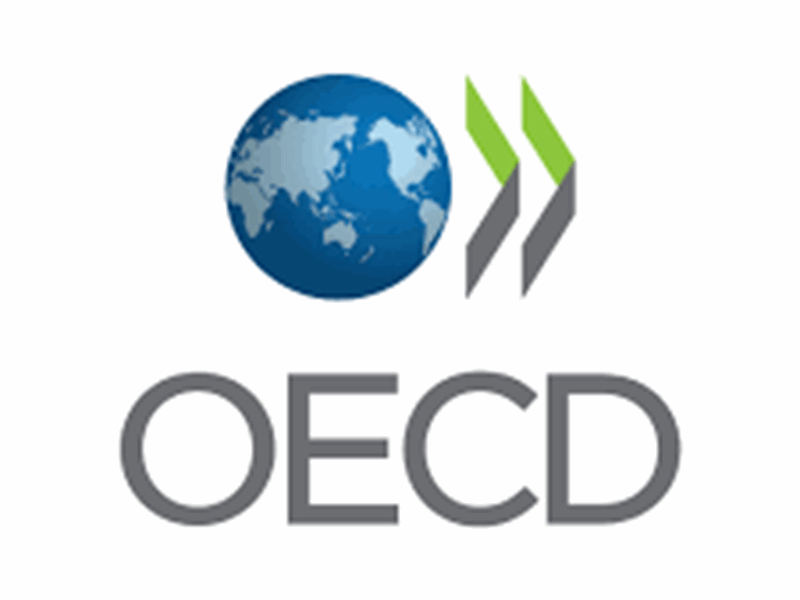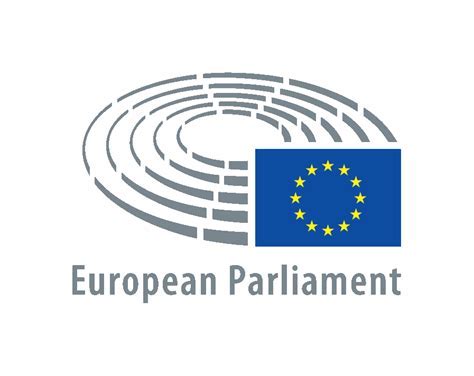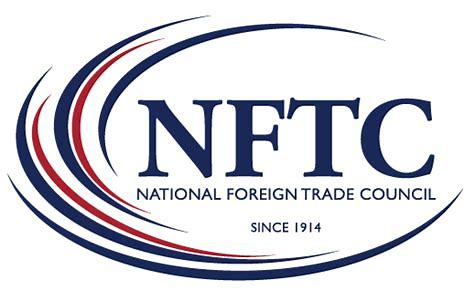Papers & Reports

Reimagining Global Tax Governance: A Two-sided Platform Perspective
This article addresses the existential challenges facing the international tax regime (ITR) in the 21st century, focusing on the "trilemma" of balancing liberal democracy, national self-determination, and economic globalization. To tackle these conflicting forces, the article proposes a new global tax governance model that meets the UN's 2023 framework guidelines for international tax cooperation and aligns with the OECD/G20 BEPS Project.
The model is structured as two concentric circles representing an ecosystem with both top-down and bottom-up governance. The top-down aspect resembles a bicameral legislative structure, creating standardization agreements under UN oversight, while the bottom-up element adopts a pledge-and-review approach inspired by the Paris Agreement. This dual framework aims to integrate global tax governance through repeated cooperation, balancing consensus with voting, and ensuring fair stakeholder representation across the global North and South. The theoretical foundation draws on a two-sided platform perspective from antitrust and international law.

Proposal for a Council Directive Amending Directive 2011/16/EU on Administrative Cooperation in the Field of Taxation
This proposed ninth directive on administrative cooperation in taxation would establish a framework for exchanging pillar 2 information from multinational entities among EU member states and with non-EU jurisdictions by transposing the OECD standard global anti-base-erosion information return into EU law.

OECD Secretary-General Tax Report to G20 Finance Ministers and Central Bank Governors (G20 Brazil, October 2024)
This report sets out recent developments in international tax reform since July 2024, including on the Two-Pillar Solution to Address the Tax Challenges Arising from the Digitalisation of the Economy. It also covers progress made on the implementation of the BEPS minimum standards and tax transparency, as well as updates on tax policy, tax and inequality and tax administration. This report was prepared by the OECD ahead of the fourth meeting of G20 Finance Ministers and Central Bank Governors held under the Brazilian G20 Presidency from 23-24 October 2024, in Washington D.C., United States.

Capital Flows and Wealth Distribution in a Global Economy with Asymmetric Countries
This article analyzes how di¤erences in production technology, nancial frictions, time discount rates, and tax policies collectively determine the long-run asset positions and wealth distribution between countries. It contributes to understanding how national policies and economic factors shape global wealth patterns over time.

Update on the Revenue Effects of GILTI and FDII, 2026 Rate Changes, and Proposed Policy Reforms
In this update, the authors analyze new data from the US Treasury to examine historical revenue effects of TCJA’s international corporate tax provisions. They also provide updated conventional estimates to assess the revenue impact of scheduled 2026 rate increases on foreign income of US corporations and assess several proposals that aim to further increase tax revenue.

The Implications of Treaty Restrictions of Taxing Rights on Services, Especially for Developing Countries
Taxation of cross-border services has been identified as a high priority issue in the UN negotiations to establish a new global framework for tax. This paper analyses the defects of international tax rules as applied to services, and their exploitation by multinational enterprises, focusing on the impact on developing countries. It analyses the restrictions on source taxation of services in tax treaties, particularly those based on the model of the OECD, and shows that their spread has been accompanied by a widening deficit in services trade of developing countries, while the weakening of their attempts to protect their tax base through withholding taxes has resulted in increasing losses of tax revenue. The analysis suggests that a new approach is needed for taxation of services, breaking with the residence-source dichotomy, and adopting formulary apportionment. This could be based on the standards agreed in the Two Pillar Solution of the OECD/G20 project on base erosion and profit shifting and developed now through the UN.

10 Years of Banking Union’s Case-Law: How Did European Courts Shape Supervision and Resolution Practice in the Banking Union?
This study contends that case law involving the EU banking union indicates that the EU has legal grounds to levy a contribution on companies in exchange for services.

Tax Policy Reforms 2024: OECD and Selected Partner Economies
This is the ninth edition of Tax Policy Reforms: OECD and Selected Partner Economies, an annual publication that provides comparative information on tax reforms across countries and tracks tax policy developments over time. The report covers the tax policy reforms introduced or announced in 2023 in 90 member jurisdictions of the OECD/G20 Inclusive Framework on Base Erosion and Profit Shifting, including all OECD countries. The publication provides an overview of the macroeconomic environment and tax revenue context in which these tax reforms were made, highlighting how governments used tax policy to respond to elevated inflation levels, as well as to address long-run structural challenges.

Digital Economy & Taxation: Challenges and Opportunities In Nigeria
This article highlights Nigeria's potential to diversify its economy and drive innovation through its expanding youth population and digital ecosystem. To capitalize on these opportunities, the country needs to implement a swift and adaptive taxation strategy. Addressing the challenges of taxing the digital economy, Nigeria is exploring innovative solutions, including revising international tax rules and adopting digital-first policies. This proactive approach positions the nation to shape its economic future in the digital era.

Comment Letter on the June 2024 Administrative Guidance
This letter provides comments on the Tax Challenges Arising from the Digitalisation of the Economy – Administrative Guidance on the Global AntiBase Erosion Model Rules (Pillar Two), published on 17 June 2024 and the additional interpretative CbCR guidance released on 27 May 2024. The NFTC requests that the OECD solidify safe harbors, ensure consistent application of the rules, clarify the implementing mechanism, and develop a dispute resolution mechanism.


































